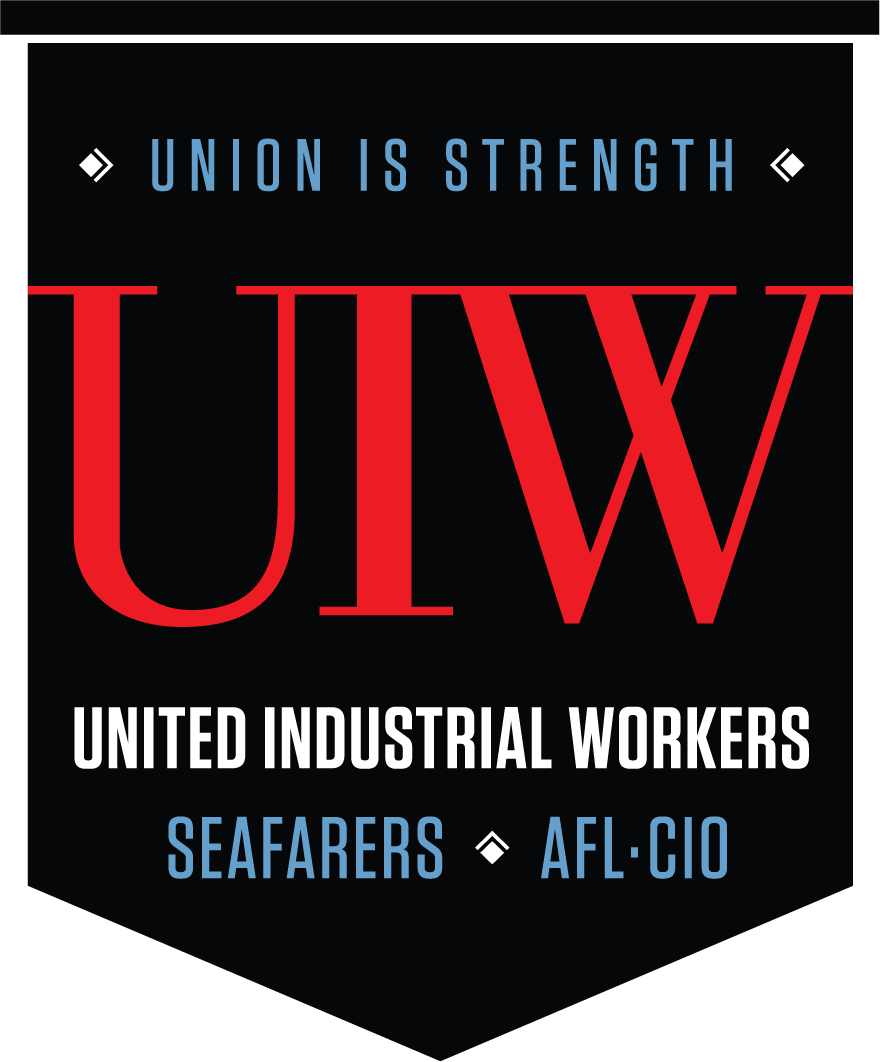Union Member Rights and Officer Responsibilities Under the LMRDA
The Labor-Management Reporting and Disclosure Act (LMRDA) guarantees certain rights to union members and imposes certain responsibilities on union officers. The Office of Labor-Management Standards (OLMS) enforces many LMRDA provisions while other provisions, such as the bill of rights, may only be enforced by union members through private suit in Federal court.
Union Member Rights
Bill of Rights - Union Members Have:
- equal rights to participate in union activities
- freedom of speech and assembly
- voice in setting rates of dues, fees, and assessments
- protection of the right to sue
- safeguards against improper discipline
Copies of Collective Bargaining Agreements: Union members and nonunion employees have the right to receive or inspect copies of collective bargaining agreements.
Reports: Unions are required to file an initial information report (Form LM-1), copies of constitutions and bylaws, and an annual financial report (Form LM-2/3/4) with OLMS. Unions must make the reports available to members and permit members to examine supporting records for just cause. The reports are public information and copies are available from OLMS.
Officer Elections: Union Members Have The Right To:
- nominate candidates for office
- run for officecast a secret ballot
- protest the conduct of an election
Officer Removal: Local union members have the right to an adequate procedure for the removal of an elected officer guilty of serious misconduct.
Trusteeships: Unions may only be placed in trusteeship by a parent body for the reasons specified in the LMRDA.
Prohibition Against Certain Discipline: A union or any of its officials may not fine, expel, or otherwise discipline a member for exercising any LMRDA right.
Prohibition Against Violence: No one may use or threaten to use force or violence to interfere with a union member in the exercise of LMRDA rights.
Union Officer Responsibilities
Financial Safeguards: Union officers have a duty to manage the funds and property of the union solely for the benefit of the union and its members in accordance with the union's constitution and bylaws. Union officers or employees who embezzle or steal union funds or other assets commit a Federal crime punishable by a fine and/or imprisonment.
Bonding: Union officers or employees who handle union funds or property must be bonded to provide protection against losses if their union has property and annual financial receipts which exceed $5,000.
Labor Organization Reports: Union Officers Must:
- file an initial information report (Form LM- 1) and annual financial reports (Forms LM-2/3/4) with OLMS.
- retain the records necessary to verify the reports for at least five years.
Officer Reports: Union officers and employees must file reports concerning any loans and benefits received from, or certain financial interests in, employers whose employees their unions represent and businesses that deal with their unions.
Officer Elections: Unions Must:
- conduct elections for officers of national unions or intermediary districts at least every four years by secret ballot.
- conduct regular elections in accordance with their constitution and bylaws and preserve all records for one year.
- mail a notice of election to every member at least 15 days prior to the election.
- comply with a candidate's request to distribute campaign material.
- not use union funds or resources to promote any candidate (nor may employer funds or resources be used).
- permit candidates to have election observers.
- allow candidates to inspect the union's membership list once within 30 days prior to the election.
Restrictions on Holding Office: A person convicted of certain crimes may not serve as a union officer, employee, or other representative of a union for up to 13 years.
Loans: A union may not have outstanding loans to any one officer or employee that in total exceed $2,000 at any time.
Fines: A union may not pay the fine of any officer or employee convicted of any willful violation of the LMRDA.
Note: The above is only a summary of the LMRDA. Full text of the Act, which comprises Sections 401-531 of Title 29 of the United States Code, may be found in many public libraries, or by writing the U.S. Department of Labor, Office of Labor-Management Standards, 200 Constitution Ave., NW, Room N-5616, Washington, DC 20210, or on the internet at www.dol.gov
WEINGARTEN RIGHTS
EMPLOYEE RIGHTS
Under the Supreme Court’s Weingarten decision, the following rules apply to investigatory interviews:
- The employee can request union representation before or at any time during the interview.
- When an employee asks for representation, the employer must choose from among three options:
- Grant the request and delay questioning until the union representative arrives;
- Deny the request and end the interview immediately; or
- Give the employee a choice of: (a) having the interview without representation or (b) ending the interview.
- If the employer denies the request for union representation and continues the meeting, the employee can refuse to answer questions.
STEWARD RIGHTS
Employers sometimes assert that the only function of a steward at an investigatory interview is to observe the discussion; in other words, to be a silent witness. This is incorrect. The steward must be allowed to advise and assist the employee in presenting the facts. When the steward arrives at the meeting:
- The supervisor or manager must inform the steward of the subject matter of the interview: in other words, the type of misconduct being investigated.
- The steward must be allowed to have a private meeting with the employee before questioning begins.
- The steward can speak during the interview, but cannot insist that the interview be ended.
- The steward can object to a confusing question and can request that the question be clarified so that the employee understands what is being asked.
